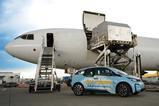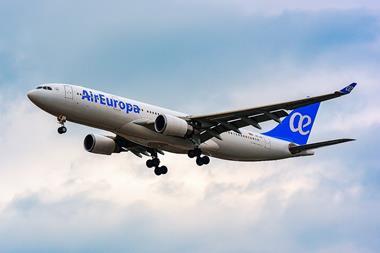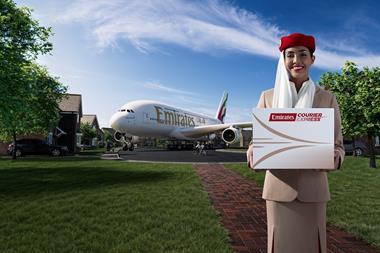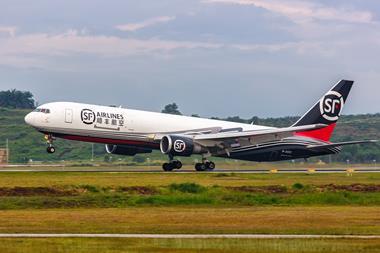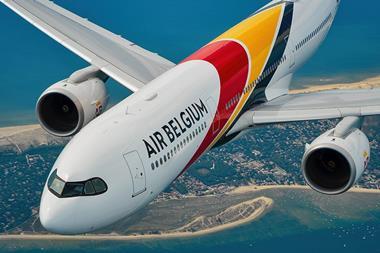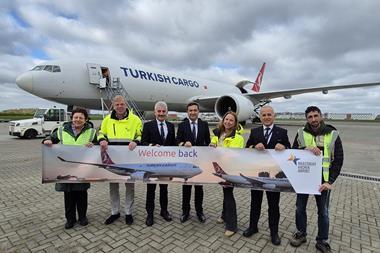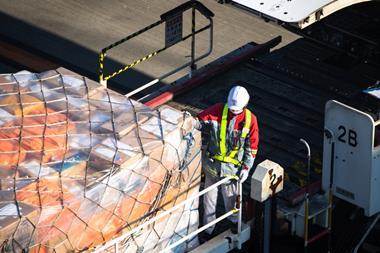The European Commission (EC) has written to 20 airlines to highlight several types of "potentially misleading green claims".
The EC, along with the European Union (EU) consumer authorities (CPC), invited the unnamed companies to bring their practices in line with EU consumer law within 30 days.
While EC's concerns centre on claims made on the passenger side of the business, cargo teams will also need to pay close attention to make sure their own marketing efforts do not breach the rules.
The concerns expressed by the EC and CPC focus on claims made by airlines that the CO2 emissions caused by a flight could be offset by climate projects or through the use of sustainable fuels.
"On their part, the airlines are yet to clarify whether such claims can be substantiated based on sound scientific evidence," the EC said.
These concerns include creating the incorrect impression that paying an additional fee to finance climate projects with less environmental impact or to support the use of alternative aviation fuels can reduce or fully counterbalance the CO2 emissions.
Also, using the terms “sustainable aviation fuels” (SAF) without clearly justifying the environmental impact of such fuels and using the terms “green”, “sustainable” or “responsible” in an absolute way or use other implicit green claims.
The EC was also concerned about airlines claiming that they are moving towards net-zero greenhouse gas emissions (GHG) or any future environmental performance, without clear and verifiable commitments, targets and an independent monitoring system.
Finally, the EC said that there were also worries around airlines presenting consumers with a “calculator” for the CO2 emissions of a specific flight, without providing sufficient scientific proof on whether such calculation is reliable and without the information on the elements used for such calculation.
The EC and CPC authorities invited the companies to provide a response within 30 days, outlining their proposed measures to address the concerns arising from their environmental marketing claims under EU consumer law.
After receiving replies from the companies, the EC will organise meetings with the CPC network and the airlines, to discuss the solutions proposed by the companies.
Furthermore, the Commission will monitor the implementation of the agreed-upon changes. If the airlines involved do not take the necessary steps to solve concerns raised in the letter, CPC authorities can decide to take further enforcement actions, including sanctions.
It is not the first time airline's green claims have come under scrutiny. In March, a Dutch court ruled KLM misled consumers with its “Fly Responsibly” campaign by “painting an overly rosy picture” on the impact of its climate mitigation measures – an action it says made the messaging illegal.
The court did not impose any penalties on KLM and the campaign was withdrawn by the carrier last year.









